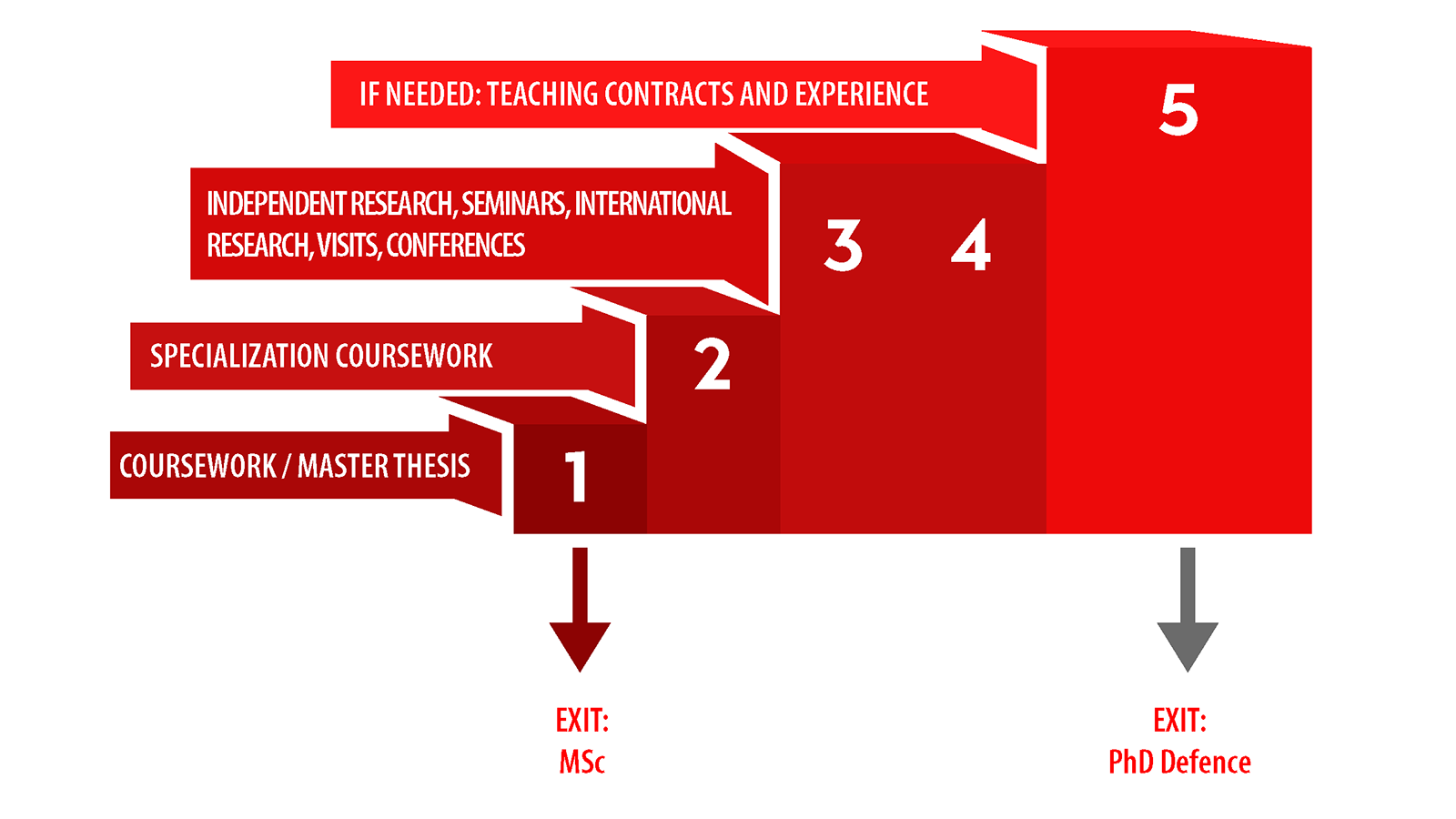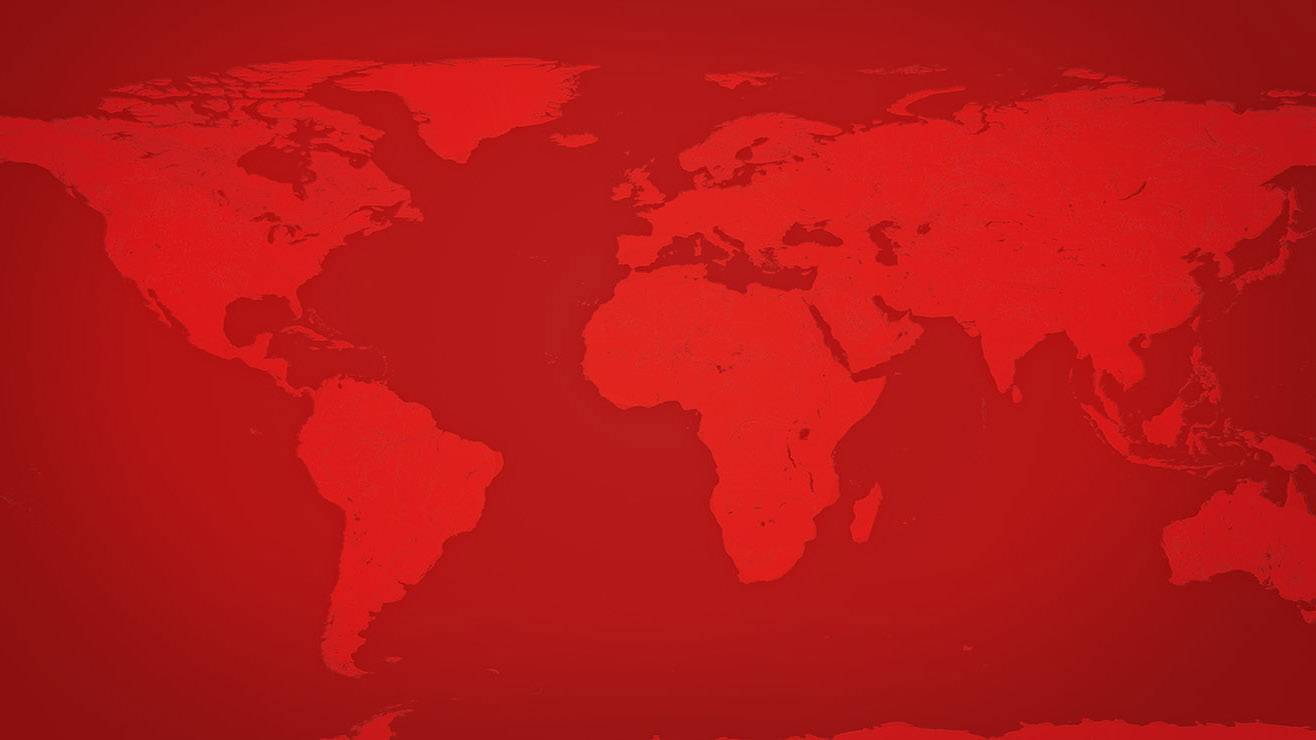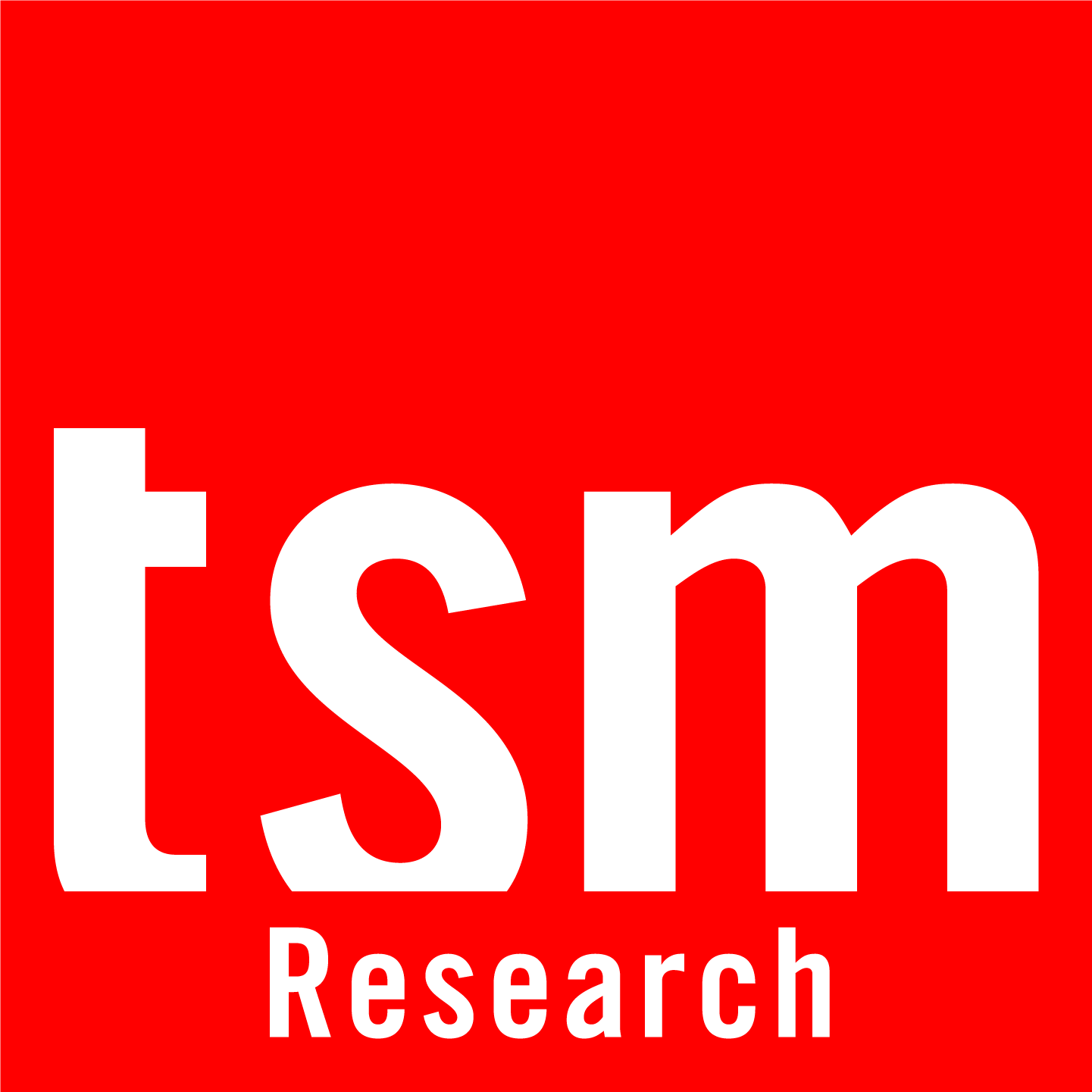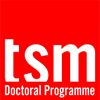
Toulouse School of Management offers an intensive Doctoral Programme for individuals interested in conducting independent research.
Our programme combines the best of theory, practice and research methods with scholarly integrity. The courses are accompanied by research practice.
Graduates pursue careers in leading universities and business schools, policy-oriented institutions and private firms.
An integrated Doctoral Programme Curriculum
TSM Doctoral Programme is a five-year programme. To maintain a culture of collaboration throughout the programme, there are typically 30 to 35 students entering into the first year across all five disciplines.
During the two first years, the curriculum of the Doctoral Programme emphasizes four essential areas of training for doctoral students:
- Research tools and methodology;
- In-depth study of their research field;
- Skills to conduct independent research leading to high-level publications;
- Career development.


Programme overview
Areas of Specialisation
Our doctoral students can follow one of five management science tracks:

International mobility opportunities
In order to develop doctoral candidate mobility opportunities and to foster international doctoral training, TSM has partnerships with two European doctoral programmes:
- Lancaster University Management School (LUMS) is a world-ranked international business school, consistently among the UK's top ten;
- WHU – Otto Beisheim School of Management is an internationally renowned business school located in Vallendar near Koblenz and Düsseldorf in Germany.
This doctoral network also means opportunities of incoming and outgoing academic mobility.
Students skills upon completion of the programme

- Recognise and validate original problems based on a theoretical foundation,
- Develop and apply appropriate, innovative and persuasive methods for research projects,
- Conduct critical and reflexive analysis of research findings, impacts and outcomes,
- Provide relevant recommendations for practical problems encountered by organisations,
- Actively work in an inclusive, respectful and constructive way with supervisors, researchers and their peers both within the institution and the wider international research community,
- Communicate effectively in both written and oral formats with a range of audiences in formal and informal settings through a variety of different techniques and media,
- Understand and apply the codes of conduct and guidelines for scientific rigour, integrity and ethics,
- Teach and/or support student learning at undergraduate and graduate level.






